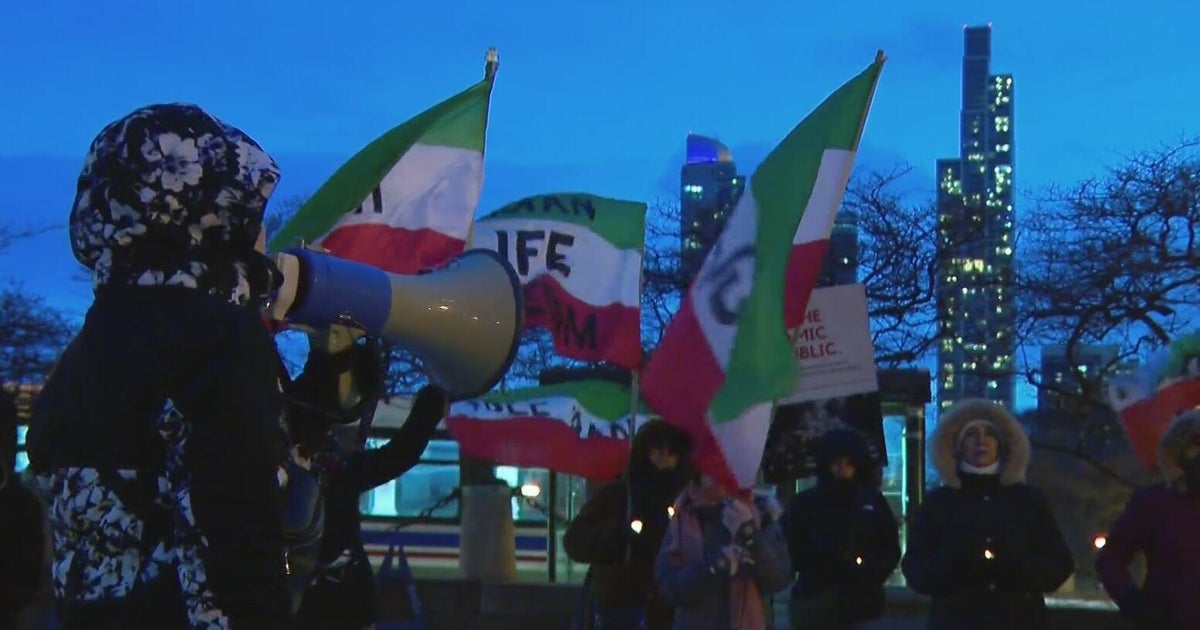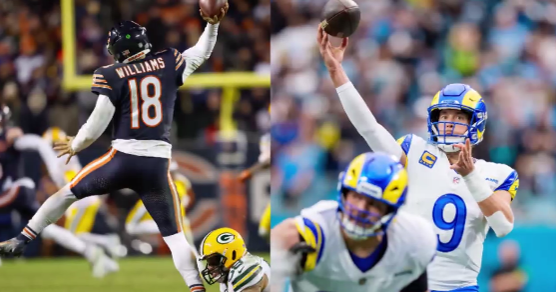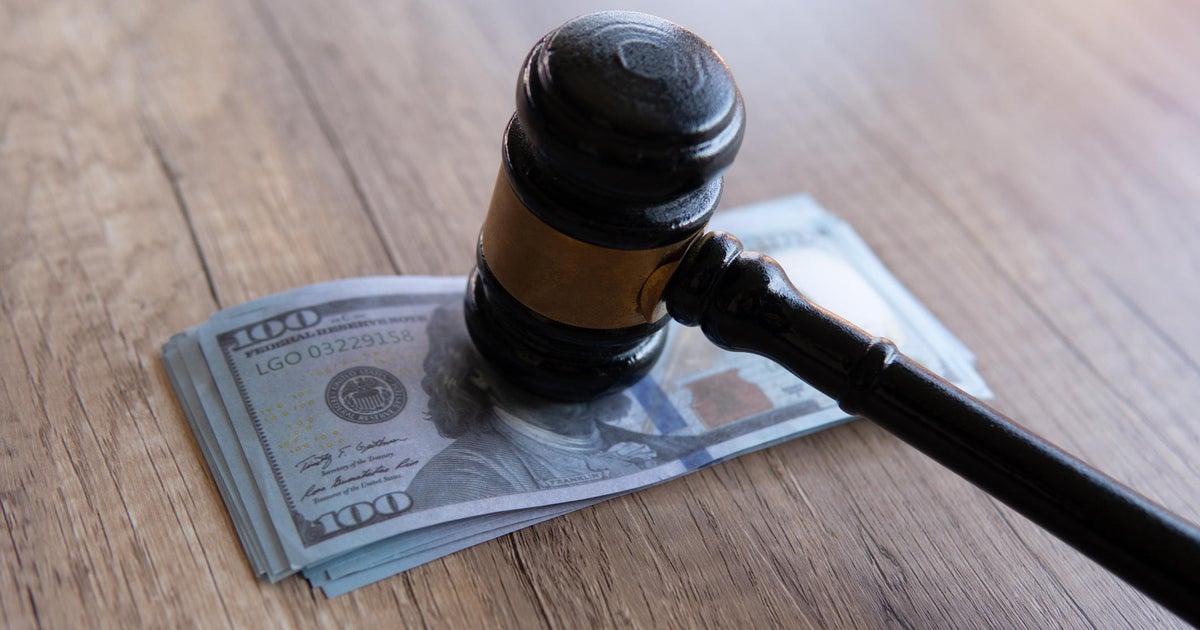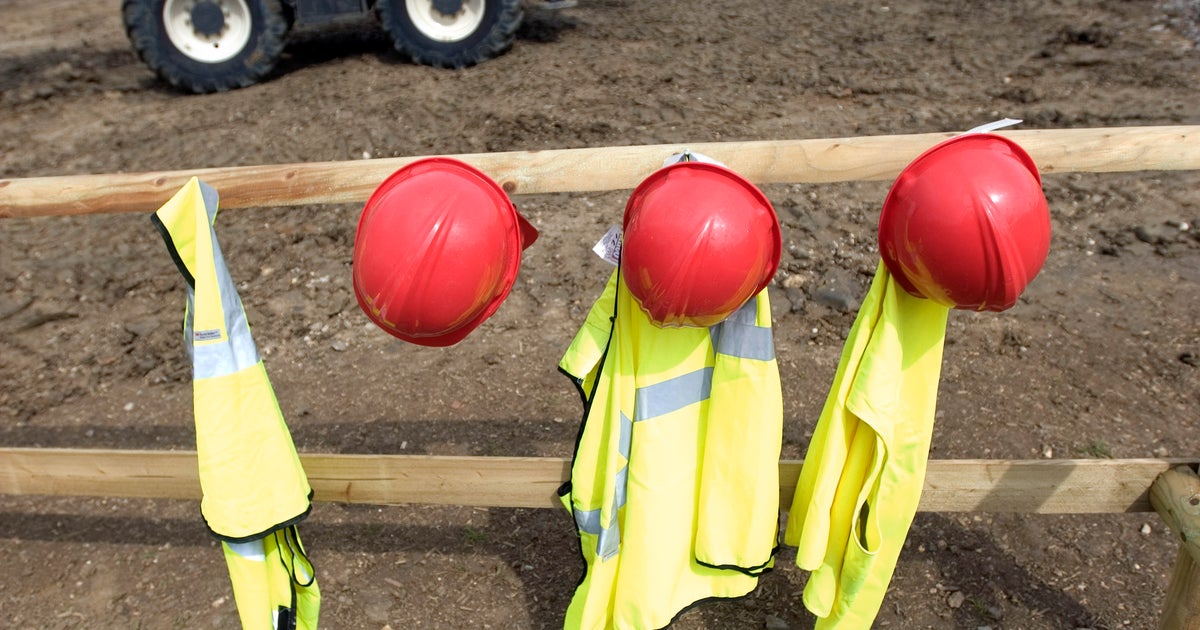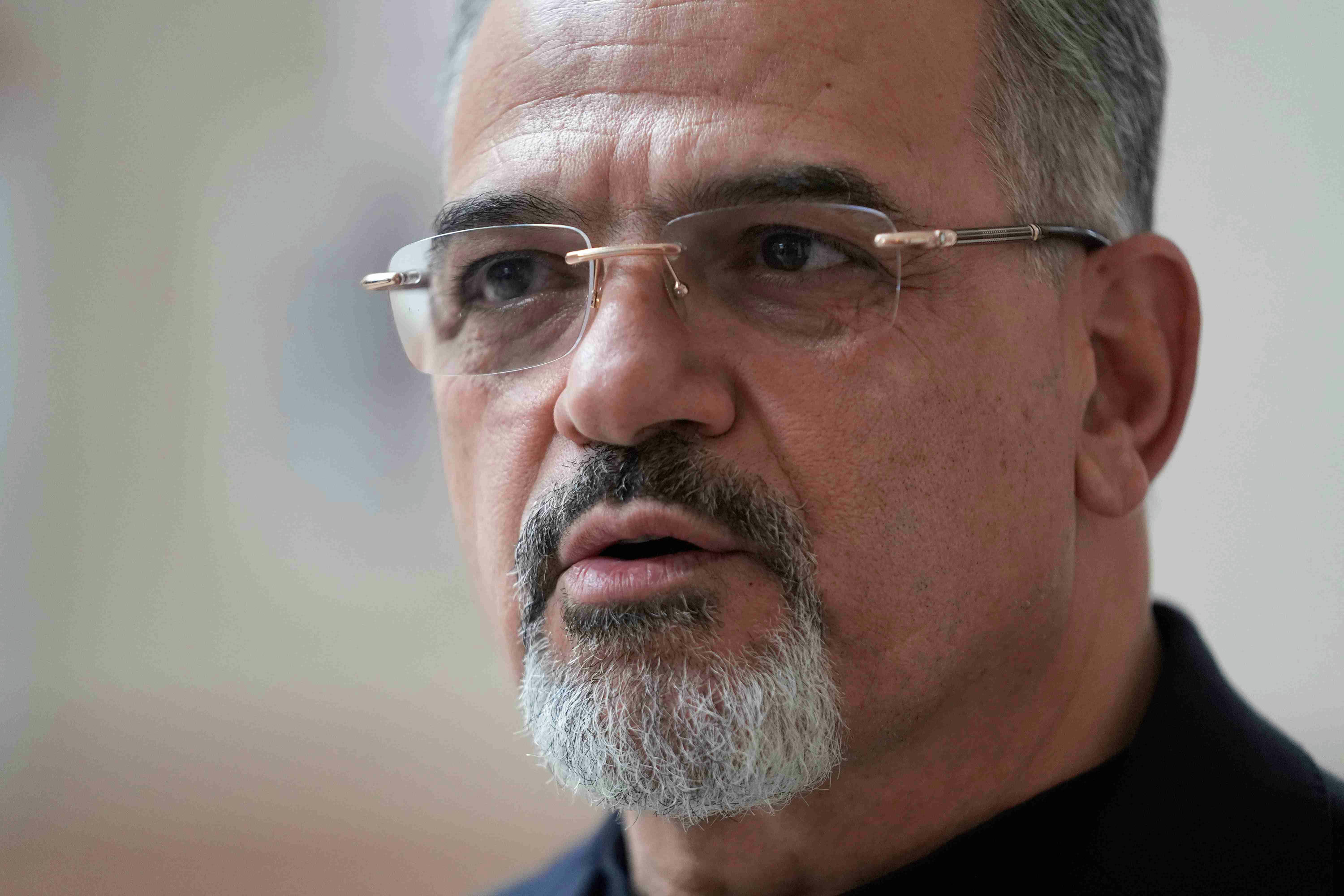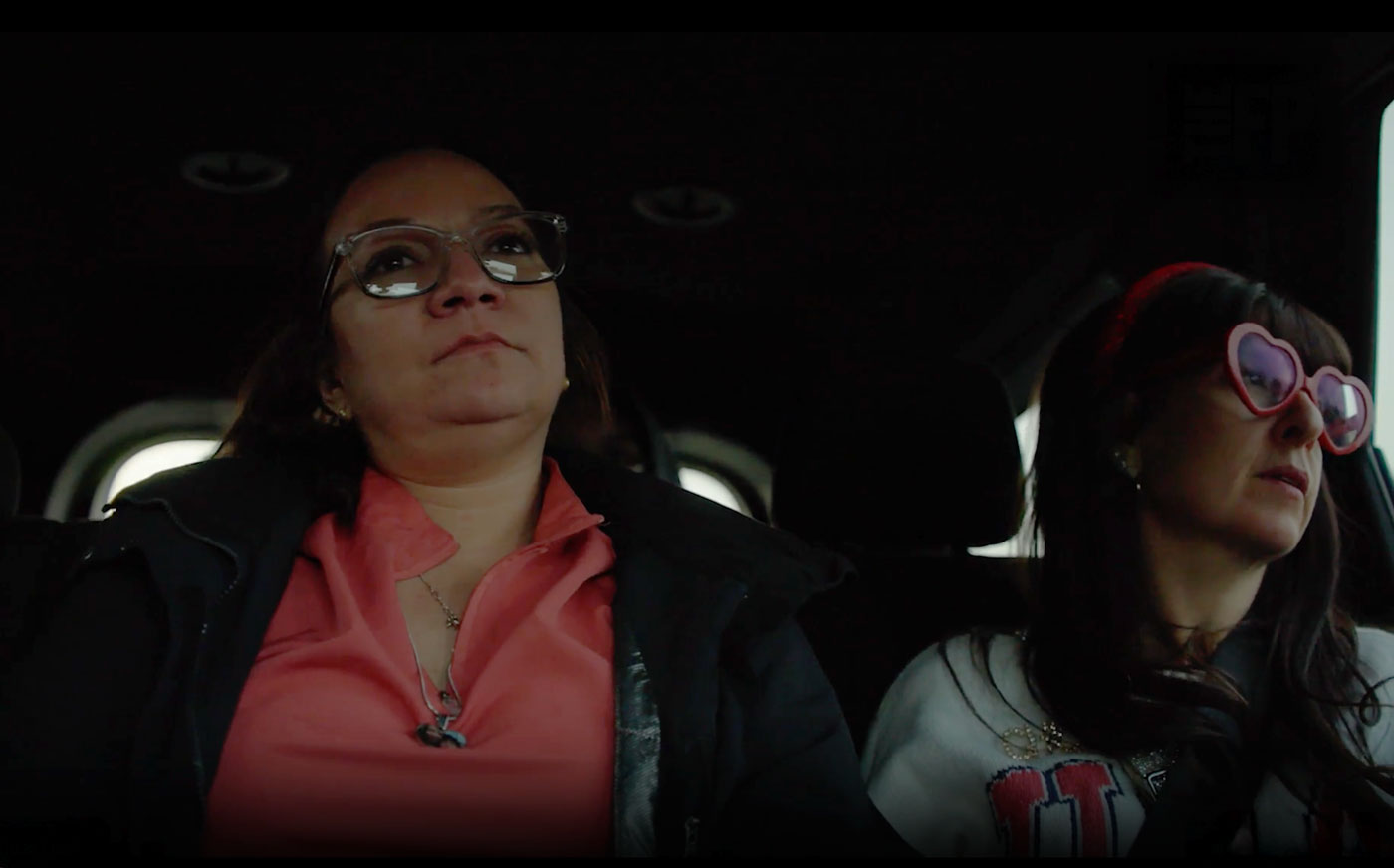Lollapalooza has shown "no evidence" of being a COVID superspreader event, Chicago health official says
An estimated 385,000 crowd at the annual Lollapalooza music festival this year did not play a substantial role in spreading COVID-19, Chicago's public health commissioner Allison Arwady said Thursday — two weeks after the first day of the event.
"There have been no unexpected findings at this point and NO evidence at this point of 'super-spreader' event or substantial impact to Chicago's COVID-19 epidemiology," Arwady tweeted, adding that the city would have already seen a surge in cases if there would be one. "I do not think we will see anything that will suggest it was any sort of super spreader event," she said.
Organizers of the multiday event — which included headliners Miley Cyrus, Megan Thee Stallion and Post Malone — required attendees to either provide proof of full vaccination or show negative COVID-19 test results within three days of showing up. Unvaccinated guests were asked to wear a face mask while onsite.
To date, a total of 203 COVID cases in relation to Lollapalooza have been reported, and there have been no hospitalizations or deaths reported as of Wednesday, Arwady said. More than 90% of the event's crowds were fully vaccinated, with 0.04% of vaccinated guests reporting that they tested positive for the virus. Of unvaccinated attendees, 0.16% have reported contracting the virus since attending.
"Long story short, the message doesn't change: the vaccine is working," Arwady said.
She said her department will continue to further investigate the festival's COVID impact as necessary.
COVID-19 cases in the past week have jumped by 36% and COVID hospitalizations by 10% in Chicago, according to the city's database. Cases remain in the substantial transmission range, averaging at 362 cases per day. The city's positivity rate is at 3.8% and approximately 184 people are hospitalized with COVID.
"The Delta variant is very much here," Arwady said.

